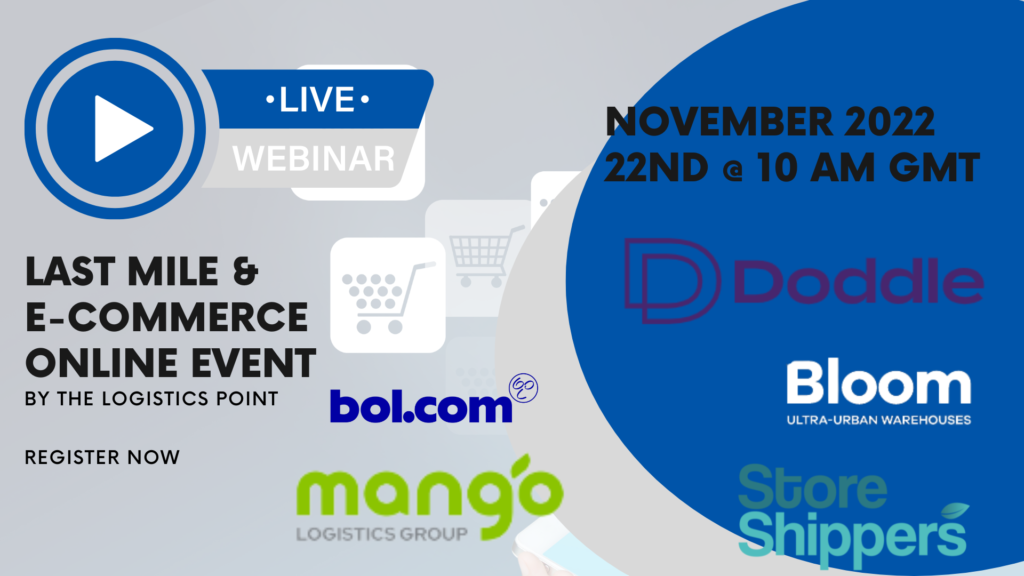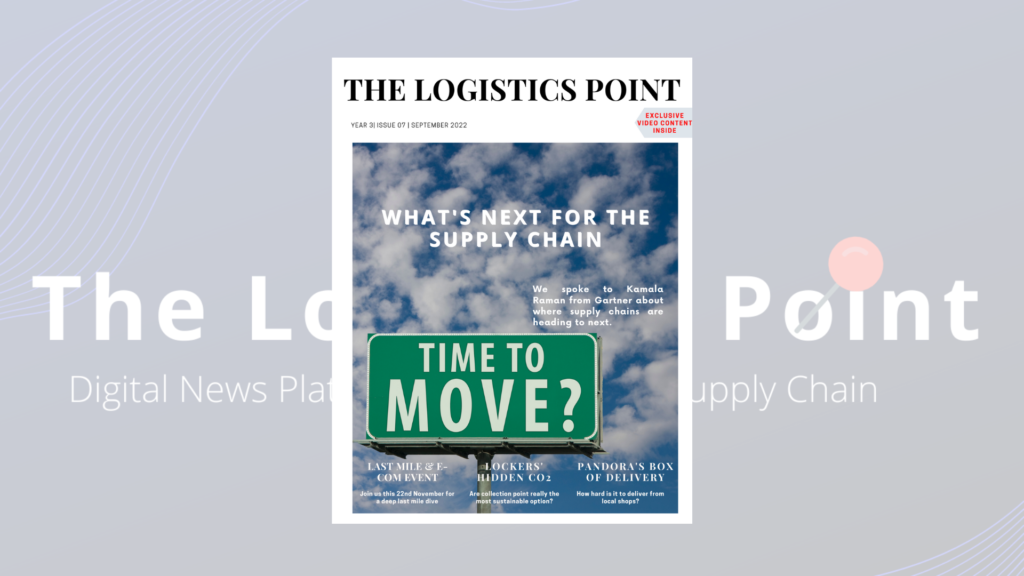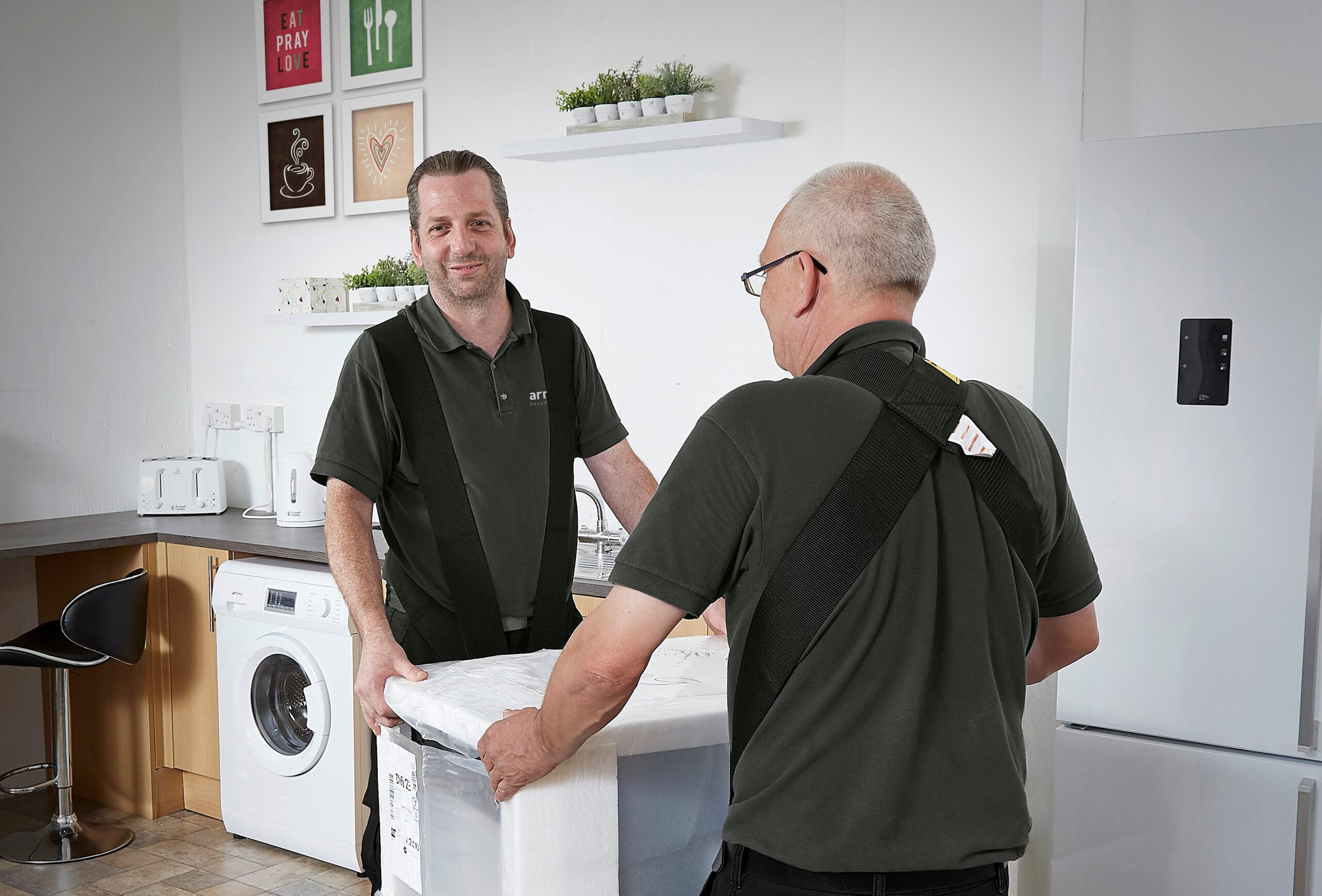A new survey carried out by UK business connectivity provider and transport and logistics telecoms specialists, Neos Networks, has found that 94% of transport & logistics (T&L) companies are committed to actively reducing carbon emissions by 2027.

One year on from the announcement of the UK government’s Decarbonising Transport plan, a significant portion of the industry are set to implement one or more carbon-reducing solutions into operations over this time. This figure falls to just two thirds of UK T&L companies who are currently active in making steps towards net-zero targets.

When operators were asked which technologies they planned to adopt, the most popular solution was battery electric vehicles (BEVs). More than half (55%) of companies stated they view BEVs as the most commercially viable green solution. This was followed by 42% of firms who highlighted artificial intelligence (AI) and data learning across operations as the most likely option, and 29% of companies who favoured industry-wide sharing of real-time data (throughout the supply chain).
Full survey findings available here: https://neosnetworks.com/resources/blog/green-technology-in-freight-is-it-moving-forwards/
The 2022 Green Technology in Freight survey carried out by Neos, asked business leaders at 34 of the UK’s top logistics companies for their insight on changes made since the decarbonisation plan, what barriers they experience in meeting green targets and what the future holds for the industry.
The industry remains divided as to whether the UK government’s target of net-zero emissions in transport by 2050 can be achieved. Half (55%) of respondents were positive about meeting targets, though 45% of operators are still to be convinced.
The greatest barrier to net-zero targets for three in five T&L operators (61%) is high investment costs, followed by concern that some shippers are favouring lower costs over greener practices. In fact, 35% of operators stated that low costs being prioritised over sustainability is a significant obstacle to decarbonisation.

Companies are encouraged to look at carbon-reducing technologies currently available for commercial use, embracing smart tech and data analysis.
Smart tech and data provides immediate impact
Over half (55%) of UK T&L firms say greenhouse gas and carbon data tracking is a key focus of their decarbonisation plans in the immediate future. A further 45% plan to seek greater efficiency through investing in smart tech, data learning, AI or other technologies.
However, although 52% of operators state they collect and report on primary (real-time) data of greenhouse gas and/or carbon emissions, just 71% of these companies feel they use the data to actually make meaningful changes to their operations. To really capitalise on the information available, investment is needed in network systems, employee expertise and connectivity infrastructure.
Joanne Green, Sales Director for Public Sector and Transport at Neos Networks, states:
“We regularly talk to leaders in the transport sector, and hear about the challenges they face when it comes to decarbonisation. Smart tech, AI and real-time data are already being introduced by many to enable them to become more efficient. These can be important first steps on the road to achieving net-zero.
The government has also recognised this, identifying greater use of AI and data tools as key to cutting freight emissions, particularly for smaller operators. And yet, for any of these technologies to be truly beneficial, the sector must ensure they have the right infrastructure and support in place to enable them.
Across all kinds of industries, we’ve seen that digital transformation is more successful when connectivity requirements are properly understood and budgeted for. Integrating smart technology and AI systems into operations is no different – it needs sufficient investment and upfront planning or it simply won’t work.”
Kerry Fawcett, Digital Director at iCompario, says:
“Decarbonisation is an obstacle for logistics and transport, but can also bring about major improvements – recognising that solutions need to be implemented to avoid climate disaster through mismanagement of resources in one of the most pollutive industries. Exploring new technologies will be the key to change.
There are ways to “go green” in the industry by electrifying fleets, however, this comes at a substantial capital cost to the organisation. A soft route into this will be through the use of technology and insights into operating behaviour of vehicles and drivers to better understand how this can be improved.
Reducing idling hours, monitoring fuel usage and insights into driver behaviour will give leaders granular detail to make environmentally aware decisions regarding the use of their carbon-emitting assets.“


